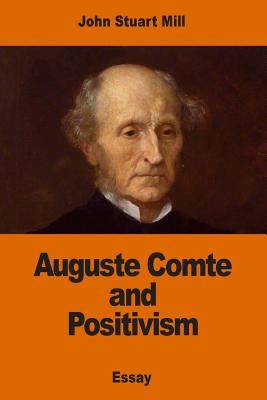
- We will send in 10–14 business days.
- Author: John Stuart Mill
- Publisher: CreateSpace Independent Publishing Platform
- Year: 2016
- ISBN-10: 1541354753
- ISBN-13: 9781541354753
- Format: 15.2 x 22.9 x 0.7 cm, minkšti viršeliai
- Language: English
- SAVE -10% with code: EXTRA
Reviews
Description
This book looks into the origins of sociology. It begins with an overview of how man has explained the natural phenomena. It started with fetishism, then polytheism, monotheism, metaphysics and finally positivism which uses empirical data to prove the natural laws. Comte used the methodology of the physical sciences to establish laws for the social sciences. He was a proponent of a humanist religion in order to perfect society. Although Mill agrees with some of his theories, he criticizes many of his findings in this book.
- Author: John Stuart Mill
- Publisher: CreateSpace Independent Publishing Platform
- Year: 2016
- ISBN-10: 1541354753
- ISBN-13: 9781541354753
- Format: 15.2 x 22.9 x 0.7 cm, minkšti viršeliai
- Language: English English
This book looks into the origins of sociology. It begins with an overview of how man has explained the natural phenomena. It started with fetishism, then polytheism, monotheism, metaphysics and finally positivism which uses empirical data to prove the natural laws. Comte used the methodology of the physical sciences to establish laws for the social sciences. He was a proponent of a humanist religion in order to perfect society. Although Mill agrees with some of his theories, he criticizes many of his findings in this book.


Reviews